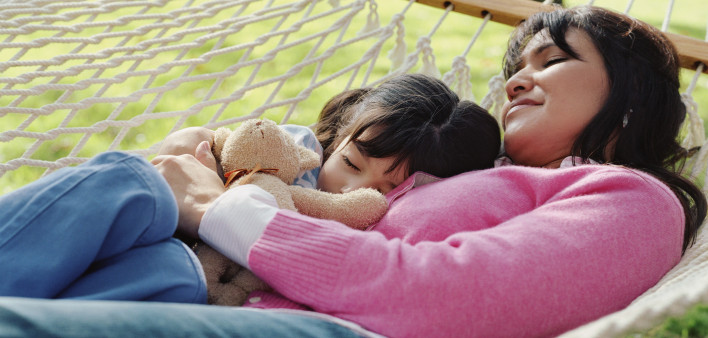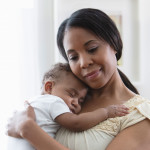Parents and caregivers of children living with HIV would do best to inform them they have the virus when they are 10 to 12 years old, according to a new study.
Researchers analyzed data on youth living with HIV who had contracted the virus from their biological mother between 2008 and 2018 and had on record at least one viral load test result. The children were all born in the Southern United States, received care at a pediatric HIV clinic in the region and were aware they had HIV.
If 80% of the viral load test results were below 200 for any of the young people, those individuals were considered virally suppressed for the purpose of the study, which was published in BMC Research Notes.
The study divided the children into three age groups, including nine children (10 years old or younger), 26 preadolescents (10 to 12 years old) and 19 adolescents (13 years old or older). The majority of the youths were girls, 66% were Black and 40% were adopted.
Seventy-three percent of the young people were diagnosed with HIV prior to their first birthday. The majority were not told they had the virus until they were 10 years old.
Seventy-one percent of the study cohort had viral suppression, including 75% of whites, 41% of Blacks, 71% of those who were adopted and 44% of those who were not adopted.
Thirty-eight percent of the adolescents had viral suppression, as did 65% of preadolescents and 56% of children.
“Our preliminary findings suggest that disclosing HIV status between 10 and 12 may promote viral suppression through medication adherence,” the study authors concluded. “Youth at this age are more likely to comprehend medical explanations and health care considerations related to living with HIV and how HIV status may influence social relationships compared to younger peers.”
To read a press release about the study, click here.
To read the study, click here.







1 Comment
1 Comment